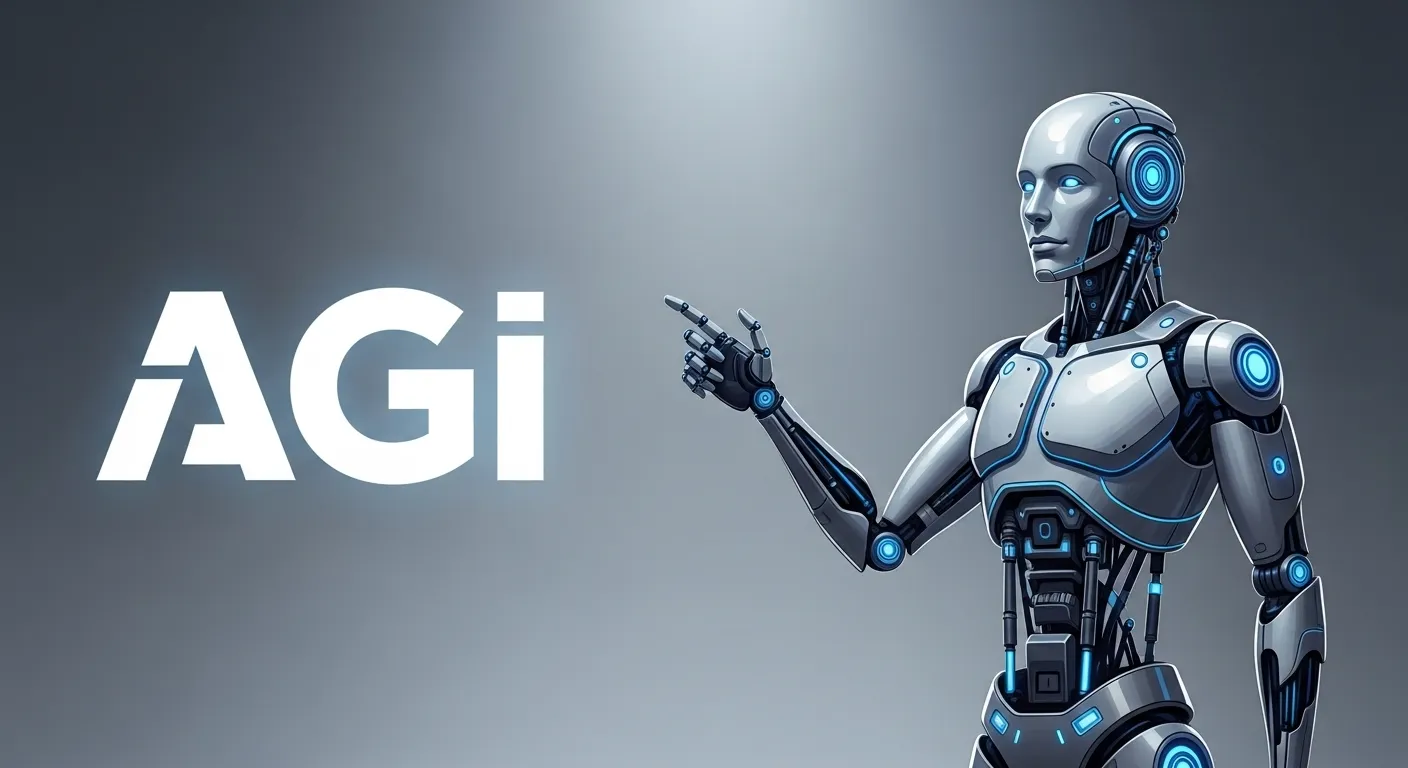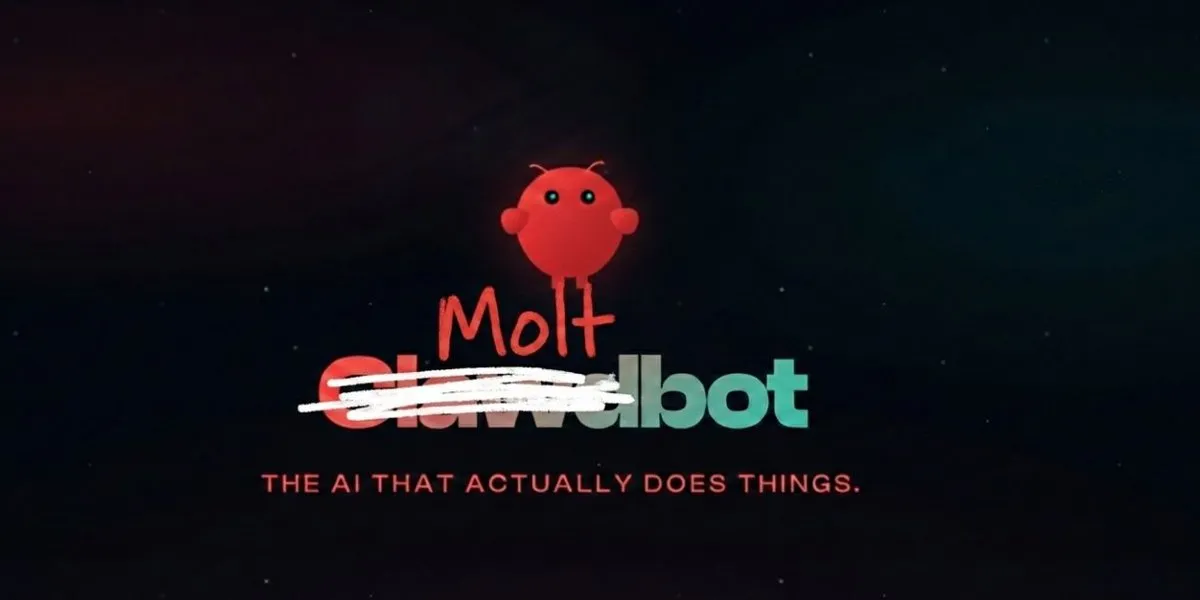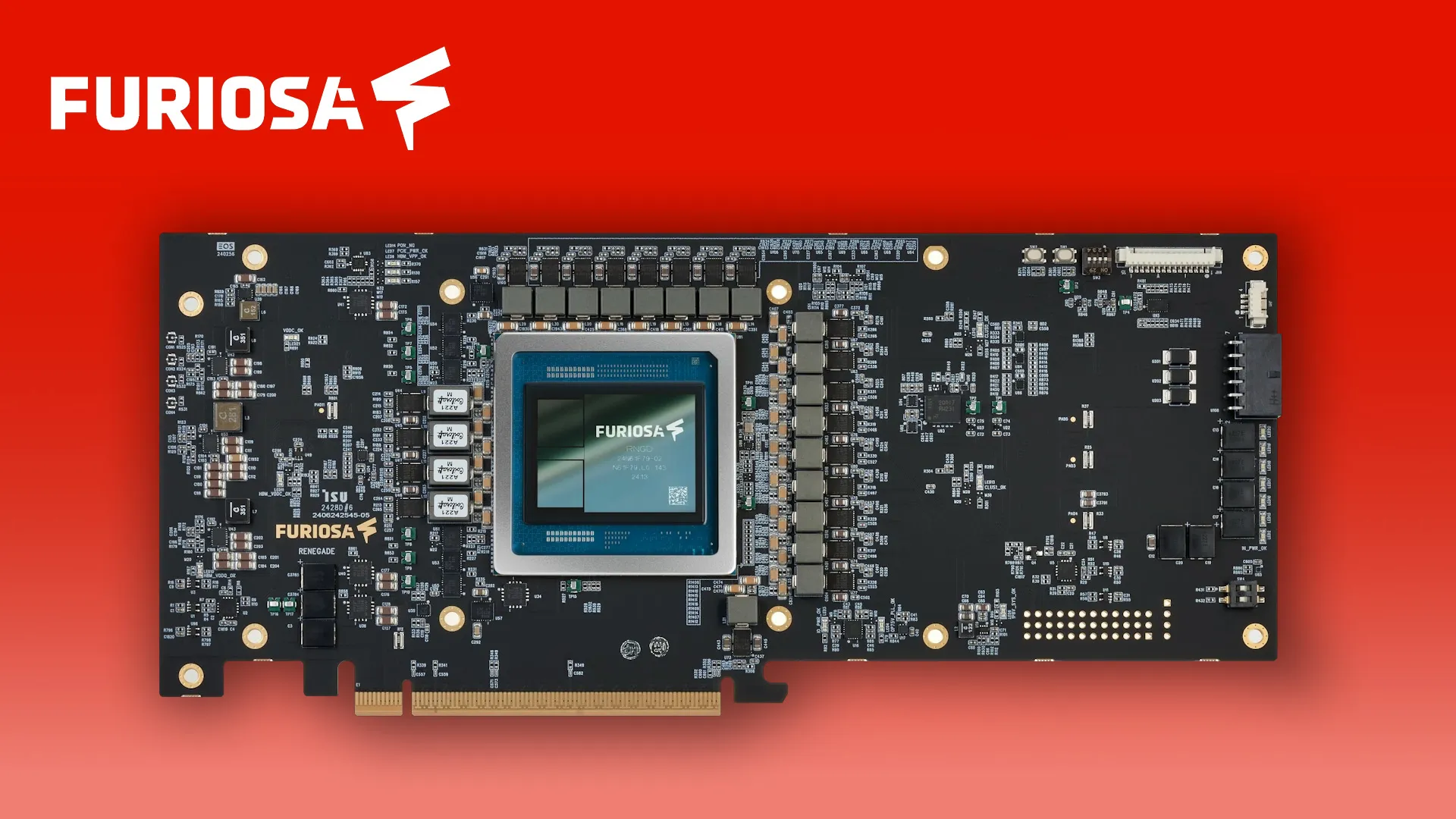Key Takeaways:
- Defining AGI: AGI is a hypothetical machine intelligence capable of understanding and performing any intellectual task a human can, unlike today's single-task-focused AI.
- The Potential of AGI: With the potential to revolutionize countless fields, AGI is seen as the next major technological boom that could solve some of humanity's biggest problems.
- The Timeline Debate: While some, like NVIDIA CEO Jensen Huang, believe AGI is only five years away, citing rapid computational growth, others hold a more cautious view.
- The Cautionary View: Many researchers are skeptical of a short timeline, arguing that current AI lacks true understanding and that the leap to AGI is a far greater challenge than simply adding more computing power.
We have witnessed the explosive growth of the website boom, followed by the transformative AI boom that reshaped industries and everyday life. Now, many experts believe the next great wave on the horizon could be the boom of Artificial General Intelligence (AGI)—a leap forward from specialized AI to machines possessing human-like, adaptable intelligence.
Artificial General Intelligence (AGI) represents a theoretical stage in artificial intelligence research where machines can perform any intellectual task a human can, with human-like adaptability and autonomous learning. Unlike today’s narrow AI systems that specialize in specific tasks, AGI aspires to be a general intelligence—capable of reasoning, problem-solving, and self-improvement across diverse fields.
From Narrow to General: AGI's Defining Traits
To understand AGI, we must first understand its predecessor: the AI we use today. This is what's known as "Artificial Narrow Intelligence" (ANI). Think of the AI that recommends a song on Spotify, the algorithm that recognizes your face in a photo, or a self-driving car navigating a city street. These are all impressive, but they are designed to perform a single, specific task. They are brilliant specialists but lack the ability to generalize their knowledge.
AGI, by contrast, is a hypothetical machine intelligence that possesses the ability to understand, learn, and perform any intellectual task that a human being can. It's the difference between a chess-playing supercomputer and a system that could not only beat a grandmaster but also write a symphony, translate a book into a new language, and solve complex scientific problems, all without being explicitly programmed for each task. It would have common sense, a vast repository of knowledge, and the ability to adapt to new and unseen situations.
The Race to the Next Boom
The rapid advancements in AI over the past few years, particularly in large language models, have fueled a new wave of optimism and investment. Many in the tech world see AGI not as a distant fantasy but as an achievable goal in the near future, one that will usher in a new era of innovation and productivity.
The potential for AGI is immense. It could revolutionize healthcare by accelerating drug discovery and personalizing treatments. It could automate complex tasks in engineering and finance, freeing up human creativity. It could even help us solve some of humanity's most pressing problems, from climate change to world hunger. Because of this transformative potential, AGI is undeniably a contender for the next major technological boom, poised to attract enormous talent and capital.
The Great Debate: How Close Are We?
This is where the story gets interesting, as there is no universal consensus on when, or even how, we will achieve AGI. The timelines offered by experts vary dramatically, from a few years to several decades or more.

One of the most prominent voices on a shorter timeline is Jensen Huang, CEO of NVIDIA, a company at the heart of the AI hardware revolution. Huang has been quoted as saying that AGI is just five years away, by his definition.
"If we define AGI as 'passing every human test,' then 'in five years' time, we'll do well on every single one',"
- Jensen Huang, CEO of NVIDIA
His timeline is based on the idea that the exponential growth in computational power and algorithmic advancements will continue at their current blistering pace.
However, not everyone shares this optimistic view. Many AI researchers and academics are more cautious, pointing to significant bottlenecks and a lack of a clear theoretical framework for AGI. They argue that current systems, while impressive, are essentially "prediction machines" that are excellent at pattern matching but lack true understanding or common sense. They believe the leap from current AI to AGI is a much greater challenge than simply adding more computing power. Some have pointed out that the definition of AGI itself is a "moving target," which allows for companies to "redefine it into existence" as they make progress.
As Melanie Mitchell, a professor specializing in AI and cognitive science, has noted, "AGI or the equivalent is always 10 years away, but it always has been and maybe it always will be." This highlights the historical trend of over-optimistic predictions in the field.
Ultimately, whether AGI arrives in the next few years or decades remains to be seen. But one thing is certain: the race to achieve it has begun, and the outcome will shape the future of both technology and humanity.






